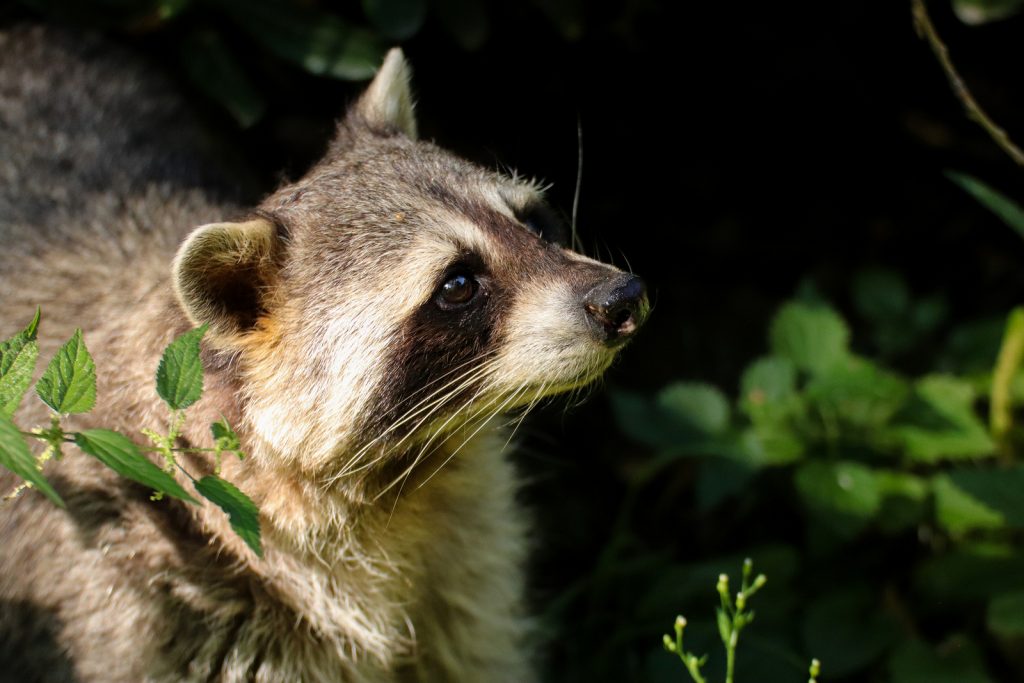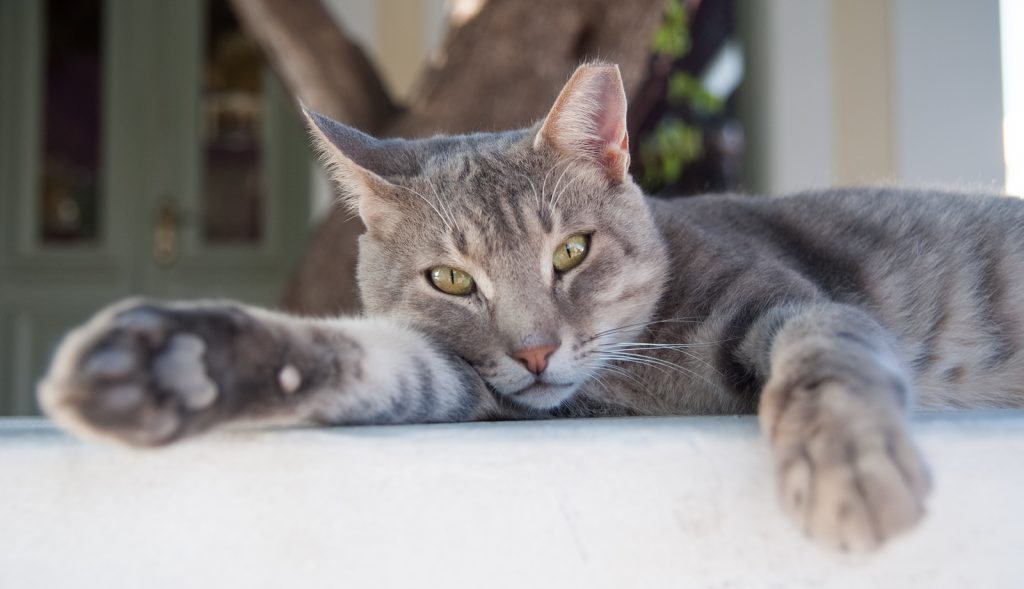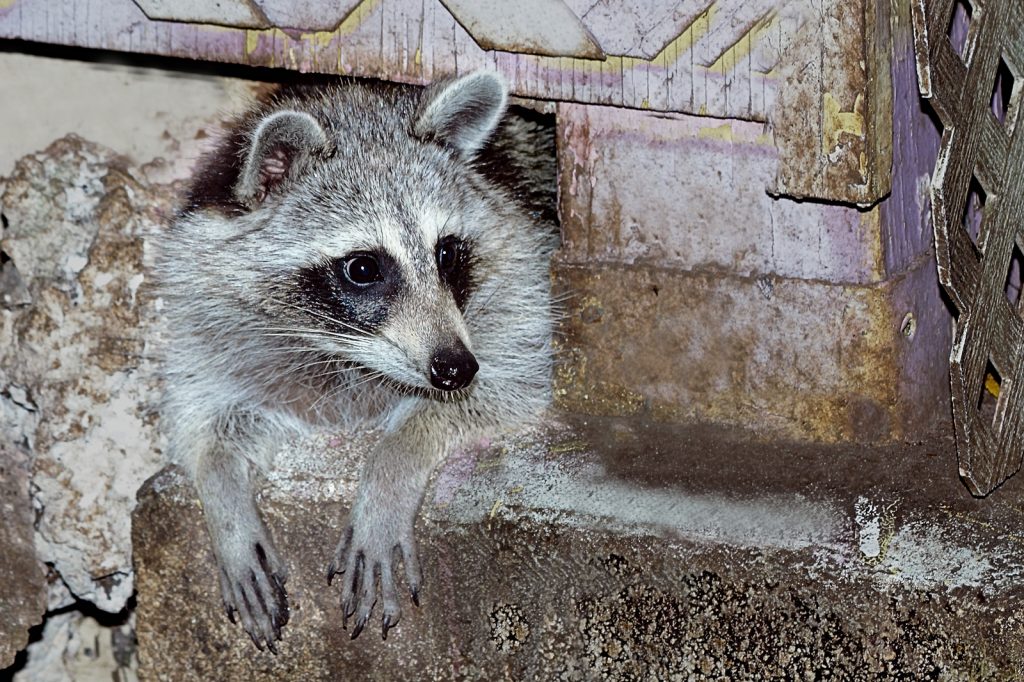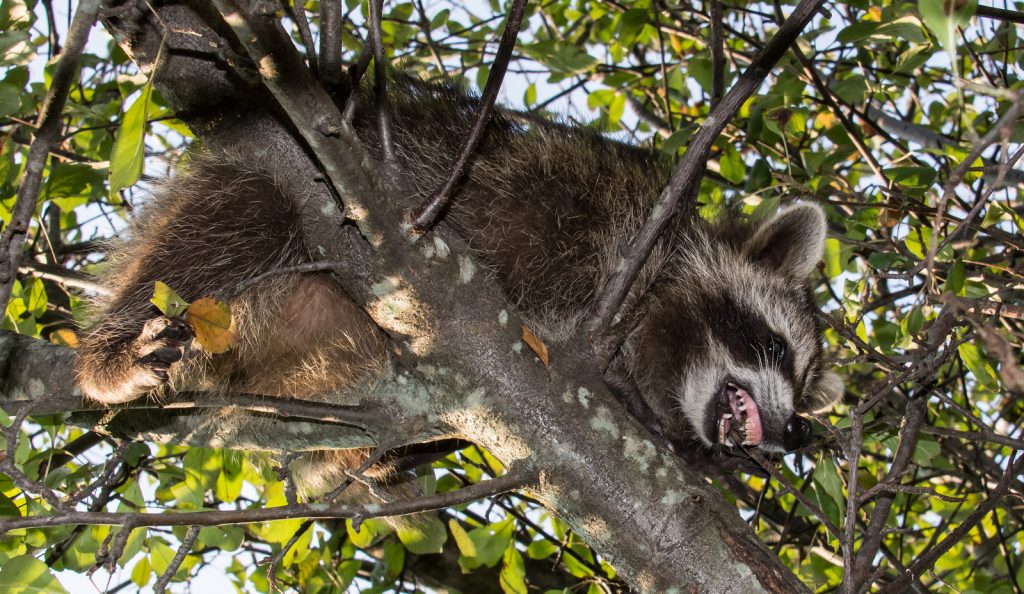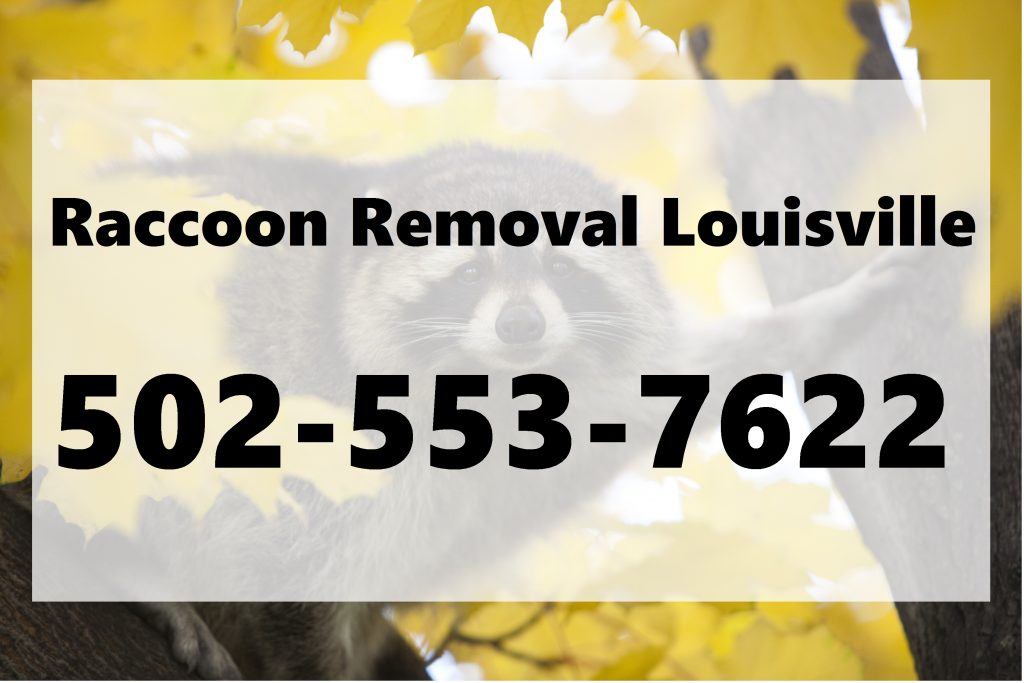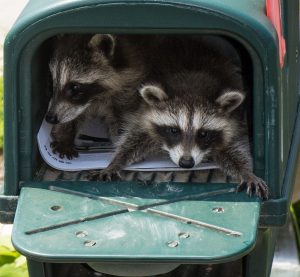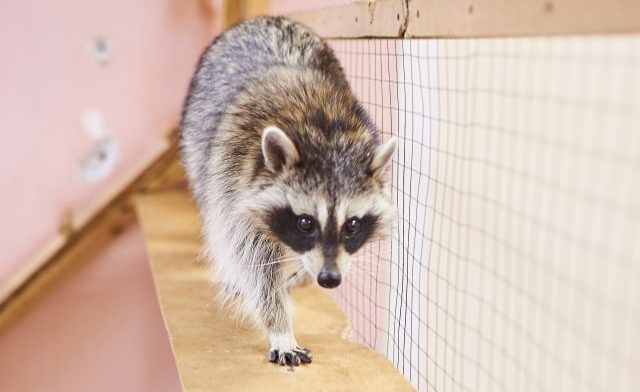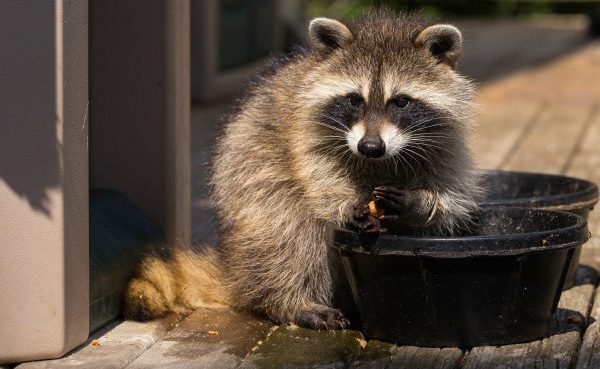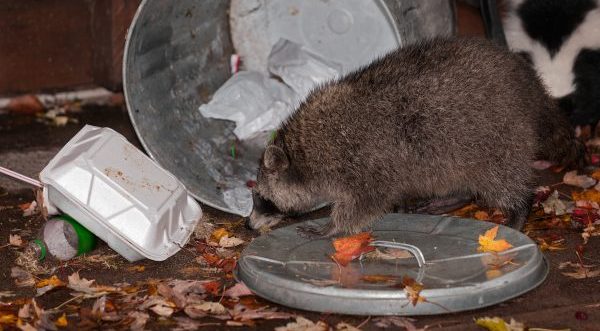Hunting is a favored pastime for millions of people all over the world. From exotic jungles and desert plains, to dense forests, cavernous mountains, rushing rivers, and more, hunting is a communal effort for both survival and pleasure. It is also a grave responsibility that mandates certain obligations. If you are interested in hunting wild game in your state, it is important to know the regulations before grabbing a bow and heading for the woods.
Hunting Nuisance Wildlife
Many people jump to the idea of hunting after being bothered by nuisance wildlife. In fact, many people ask whether or not they are allowed to trap or hunt wild animals, like raccoons, in their very backyards. Continue reading to learn what you need to know about raccoon hunting laws in Kentucky, and how to stop nuisance raccoons from trespassing onto your property for good.
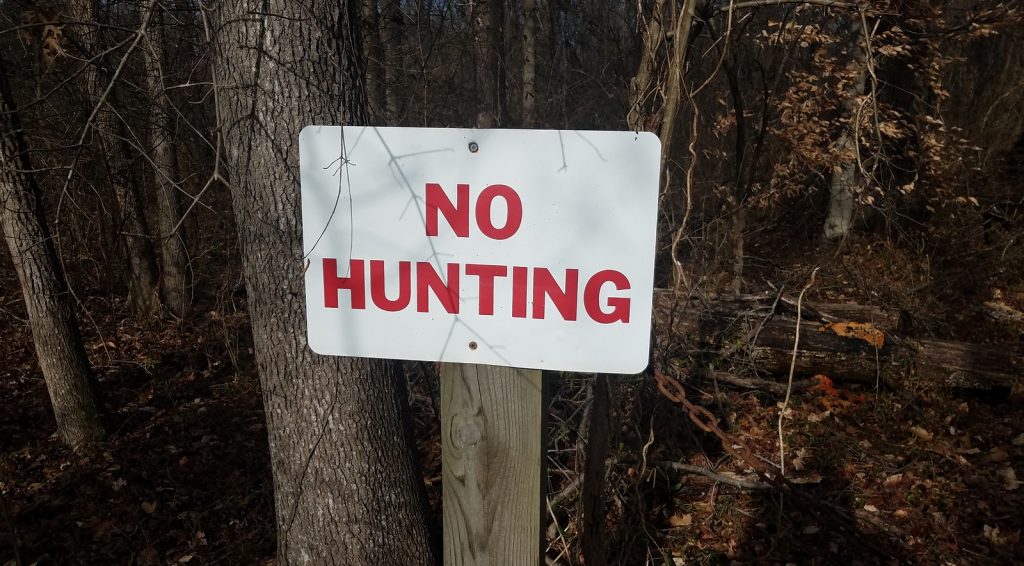
Raccoon Control Laws for Kentucky
Even though you own your property, you still have to follow local and federal laws that govern wildlife trapping, hunting, and more. Refer to the Kentucky Department of Fish and Wildlife (KDFW) for detailed information on such laws in your particular county of residence. In the meantime, here is what you need to know about the laws surrounding hunting on private property in Kentucky:
Private land owners, as well as their spouses and children, are legally allowed to hunt and fish on their land during open season without a permit issued by the Kentucky Department of Fish and Wildlife.
Non-resident land owners must purchase a license from the Kentucky Department of Fish and Wildlife to be permitted to hunt on their own land. Military land owners stationed out of the state are exempt from this restriction.
The Kentucky Department of Fish and Wildlife permits private land owners to refuse access to their property to other hunters.
For fur, private land owners can request a fur trapper to remove fur-bearing wildlife, such as raccoons, beavers, and minks, but only during the legal trapping season, which is from mid-November to the end of February.
According to KRS 150.170, “Resident landowners, their spouses, or dependent children who kill or trap on their lands any wildlife causing damage to the lands or any personal property situated thereon shall not be required to have a hunting or trapping license and may do so during periods other than the open season for the particular species. Tenants or their dependent children residing upon the lands, or other persons approved by the commissioner, shall also have the same privilege. Upon destruction of any wildlife by the above-specified individuals, the act shall be reported to the department or the resident conservation officer for the proper disposition of the carcass. Individuals wishing to use the carcass shall contact personnel of the department to request a disposal tag or other authorizing document.”
Recommended Raccoon Removal Alternative
To get rid of nuisance wildlife like raccoons, it is strongly encouraged to seek professional assistance from a Kentucky wildlife removal company.
Louisville Raccoon Removal and Control
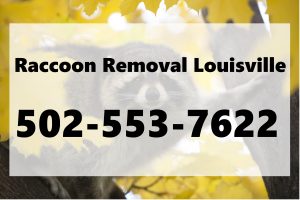
Call 502-553-7622 for safe and humaneLouisville raccoon removal services today. We offer a wide range of services for residential and commercial properties, including raccoon removal, control, prevention, proofing, cleanup, attic restorations, and more. Call 502-553-7622 to request a free estimate or information about Louisville raccoon control, today.

